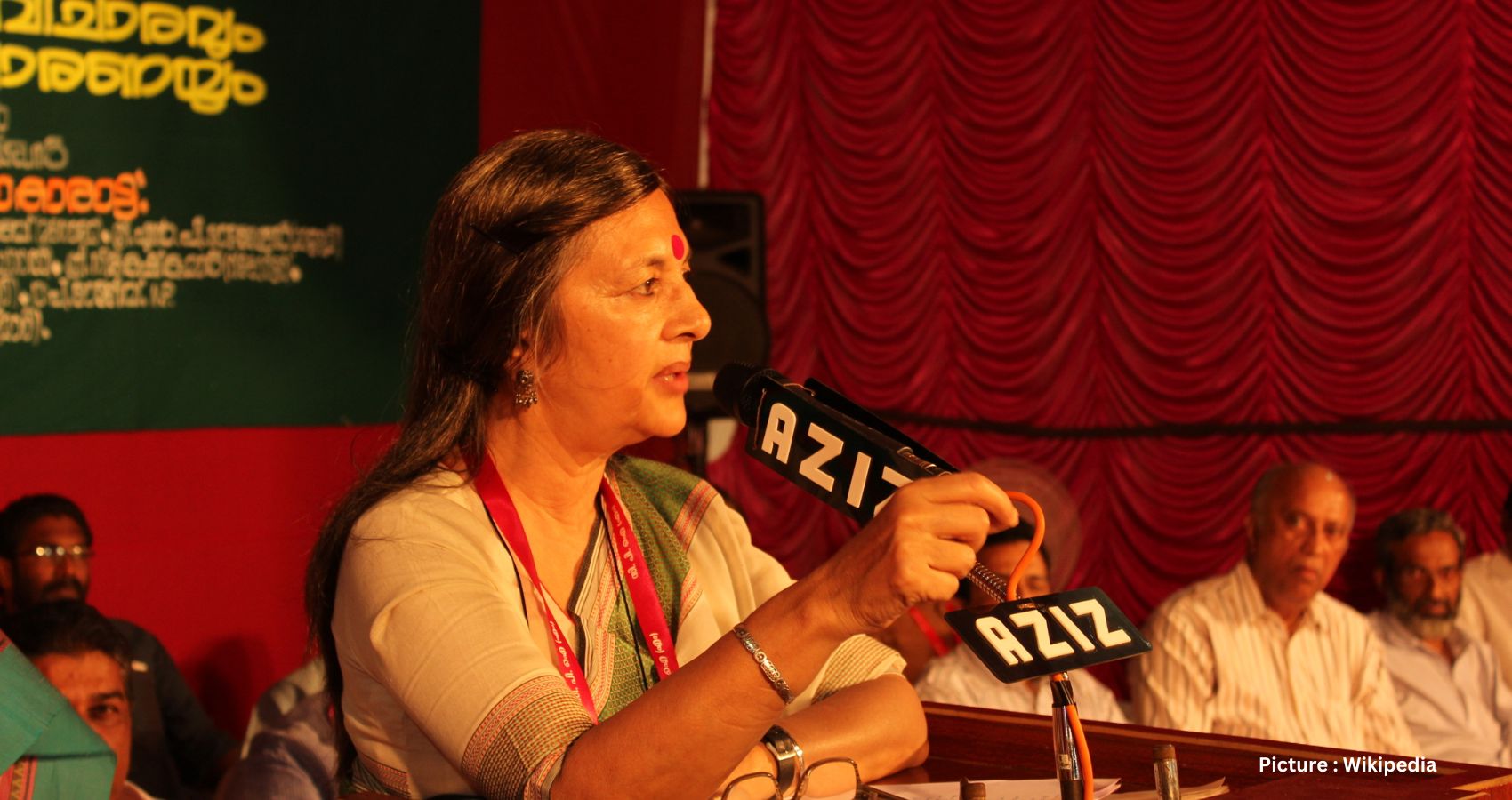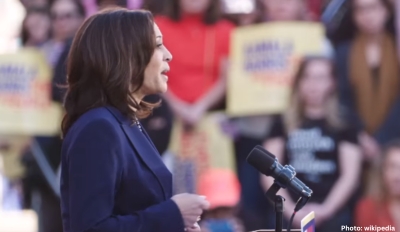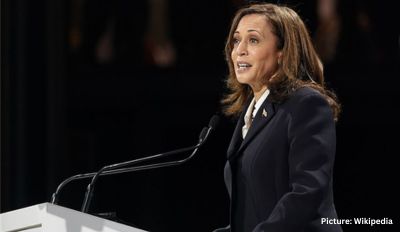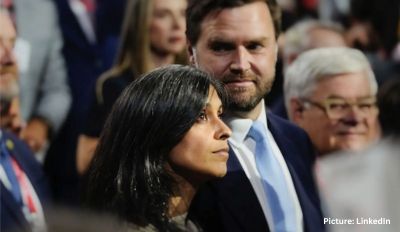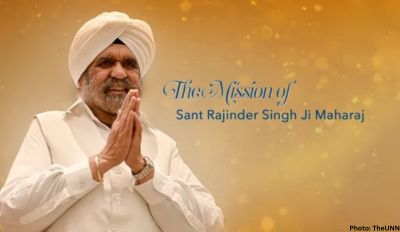Savarkar’s call for the “militarisation” of the “Hindu race” is deeply intertwined with the promotion of masculinity as a fundamental aspect of Hindutva. This vision encompasses the creation of a macho warrior figure whose existence relies on aggression against perceived enemies. Such a warrior is driven by the desire to avenge “historical wrongs” and views every non-Hindu as a potential adversary unless they atone for the alleged crimes of their ancestors by accepting punishment. This ideology fosters the belief that no Hindu, particularly if a Brahmin, can ever be a “terrorist,” and must always be seen as virtuous.
In his essay “Six Glorious Epochs of Indian History,” Savarkar criticizes Buddhism for its teachings of non-violence and universal brotherhood. He underscores the “necessity of creating a bitter sense of wrong” and promoting “political and masculine virility” to combat what he saw as India’s passive acceptance of aggression under the influence of Universalism and nonviolence. This idea of instilling a perpetual sense of grievance is evident in current efforts to rewrite Indian history as a continuous conflict between Hindus and Muslims.
RSS chief Mohan Bhagwat, in an interview with the Organiser, remarked, “Hindu society has been at war for over 1,000 years… [I]t is but natural for those at war to be aggressive… [T]his war is not against an outside enemy, but against an enemy within. So there is a war to defend Hindu society, Hindu Dharma and Hindu culture…” This perspective implies that women from the “other” community become easy targets to demonstrate “masculine virility.” The masculinisation of Hindutva, inherently violent, impacts how the movement mobilizes women.
In the drive towards a majoritarian India, women’s mobilisation serves two key purposes. Firstly, it involves women’s direct participation in aggressive Hindutva activities. Secondly, it reinforces the traditional role of the family, with women as ideal wives and mothers within Hindutva’s cultural-nationalist narrative. The Rashtra Sevika Samiti, established in 1936, aims to fulfill both roles.
Across the globe, right-wing politics often associates with the stereotype of passive women. However, women’s movements for social change have influenced right-wing structures, leading to the emergence of women leaders in these movements. Such leaders, in various contexts, propagate hate, defend traditional roles, and participate in aggressive mobilizations. In the US, women in white supremacist movements, and in Europe, those involved in anti-immigrant campaigns, mirror this trend. In Islamist societies, women leaders committed to fundamentalist ideologies defend the subordinate role of women as per patriarchal religious interpretations. In India, anti-minority hate speeches and lynching mobs often see leadership from right-wing women, backed by powerful patrons.
During the 1990s, around the Babri Masjid demolition, women like Sadhvi Rithambara and Uma Bharti spearheaded anti-Muslim campaigns with vehement abuse. Since then, other women leaders have followed suit. Their rhetoric combines hate against targeted communities, a sectarian nationalism, and the glorification of traditional female roles through male-centric rituals. Recently, young women have been trained in using weapons, showcased during religious festivals like Ram Navami in Bengal, where young girls wielded swords and chanted provocative slogans.
In Dharma Sansads, women deliver inflammatory speeches. Pragya Thakur, accused in the 2008 Malegaon bomb blast, praised Gandhi’s assassin Godse and encouraged Hindus to keep weapons at home for self-defense. Despite her controversial statements, Thakur was elected on a BJP ticket and enjoys support from top party leaders. This emboldens other women in the Hindutva movement to seek prominence through similar hate crimes and speeches. A BJP Mahila Morcha office bearer in Uttar Pradesh, Sunita Singh Gaur, called for the gang-rape of Muslim women in a Facebook post. Though she was removed from her position after protests, she faced no prosecution for hate speech.
In a Dharma Sansad in Raipur in December 2021, Vibhanand Giri urged men to “rape and impregnate Muslim women” if Muslim men even glance at Hindu girls. Nupur Sharma, whose derogatory comments about Prophet Mohammed drew international attention, was eventually sacked by the BJP but received strong support from the Hindutva ecosystem and protection from legal action.
Women who align with militant Hindutva and advocate violence are far from empowered; they follow the directives of the Hindutva family. This holds true for prominent BJP women leaders in the Modi government who have never condemned such statements. They uphold the ideology, reinforcing the belief that aggression against minorities is justified and necessary.
In light of this aggressive mobilization of women, the RSS, under Mohan Bhagwat’s leadership, is considering direct membership for women in its centenary year. Bhagwat noted that although the Rashtra Sevika Samiti exists, many women are more inspired by the RSS and seek direct membership. This move does not aim to break the male bastion or address issues like patriarchy, dowry deaths, sexual assault, or domestic violence. Instead, it is intended to cultivate more women who will propagate hate within the Hindutva framework, aligning with the organization’s militant agenda.

